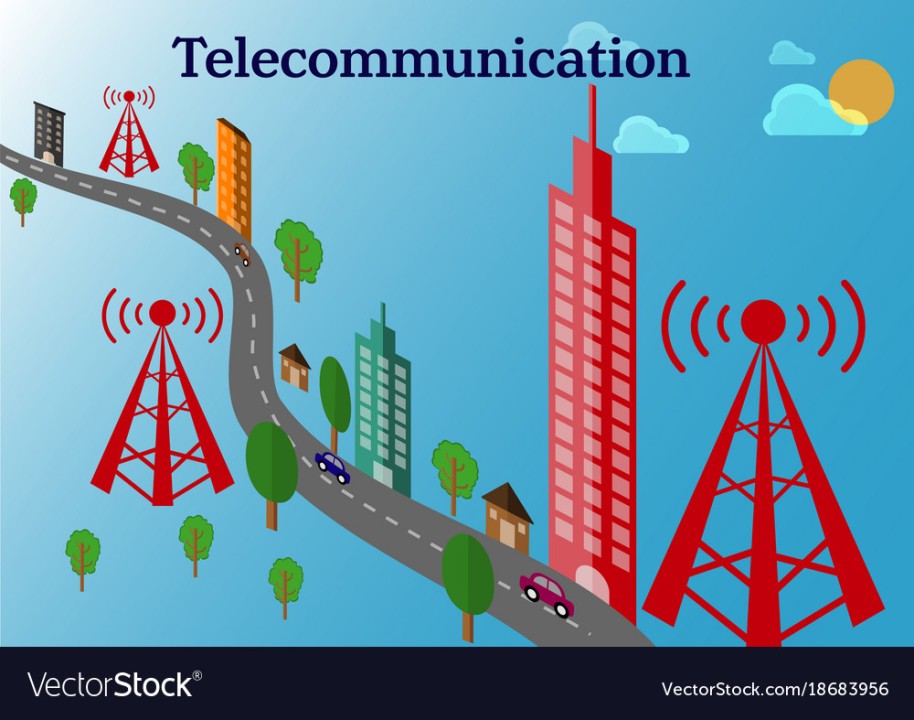
Importance of Telecommunication In India
Telecommunication plays a crucial role in India's development and growth across various sectors. Here are some key points highlighting the importance of telecommunication in India:
1. Connectivity: Telecommunication ensures widespread connectivity across the vast and diverse geography of India. It enables people from remote areas, rural communities, and urban centers to stay connected with each other and the world at large.
2. Economic Growth: The telecom sector in India has been a significant contributor to the country's economy. It attracts investment, creates job opportunities, and fosters innovation. The growth of telecommunication services, such as mobile networks and internet connectivity, has facilitated the expansion of businesses and entrepreneurship, particularly in sectors like e-commerce, IT services, and digital payments.
3. Digital India Initiative: The Indian government's Digital India campaign aims to transform India into a digitally empowered society and knowledge economy. Telecommunication infrastructure, including high-speed internet connectivity, plays a pivotal role in achieving this objective. It enables the delivery of e-governance services, digital education, healthcare, and financial inclusion.
4. Education and Skill Development: Telecommunication technology has revolutionized education and skill development in India. It enables online learning platforms, remote education programs, and virtual classrooms, bridging the gap between urban and rural areas. Students and professionals can access quality education and skill-building resources from anywhere, promoting lifelong learning and enhancing employability.
5. Healthcare: Telecommunication has transformed the healthcare sector in India by enabling telemedicine services. People in remote areas can now consult doctors and specialists through video conferencing, reducing the need for travel and improving access to medical expertise. Telecommunication also facilitates the efficient transmission of patient data, remote monitoring, and tele-diagnosis.
6. Social Connectivity: Telecommunication fosters social connectivity by bridging distances and enabling communication among individuals, families, and communities. It facilitates social networking, video calls, instant messaging, and other means of staying connected with loved ones, promoting social cohesion and well-being.
7. Government Services: Telecommunication plays a vital role in the delivery of government services to citizens. It enables online portals, digital platforms, and mobile applications for accessing government schemes, paying taxes, obtaining official documents, and participating in e-governance initiatives. This improves efficiency, transparency, and convenience for citizens.
8. Disaster Management: During times of emergencies and natural disasters, telecommunication infrastructure becomes critical for effective disaster management. It enables communication and coordination among relief agencies, emergency services, and affected communities. Timely dissemination of information and warnings can save lives and facilitate relief efforts.
In summary, telecommunication is of utmost importance in India,
driving connectivity, economic growth, digital transformation, education,
healthcare, social connectivity, government services, and disaster management.
It plays a pivotal role in shaping India's future as a digitally empowered
nation.